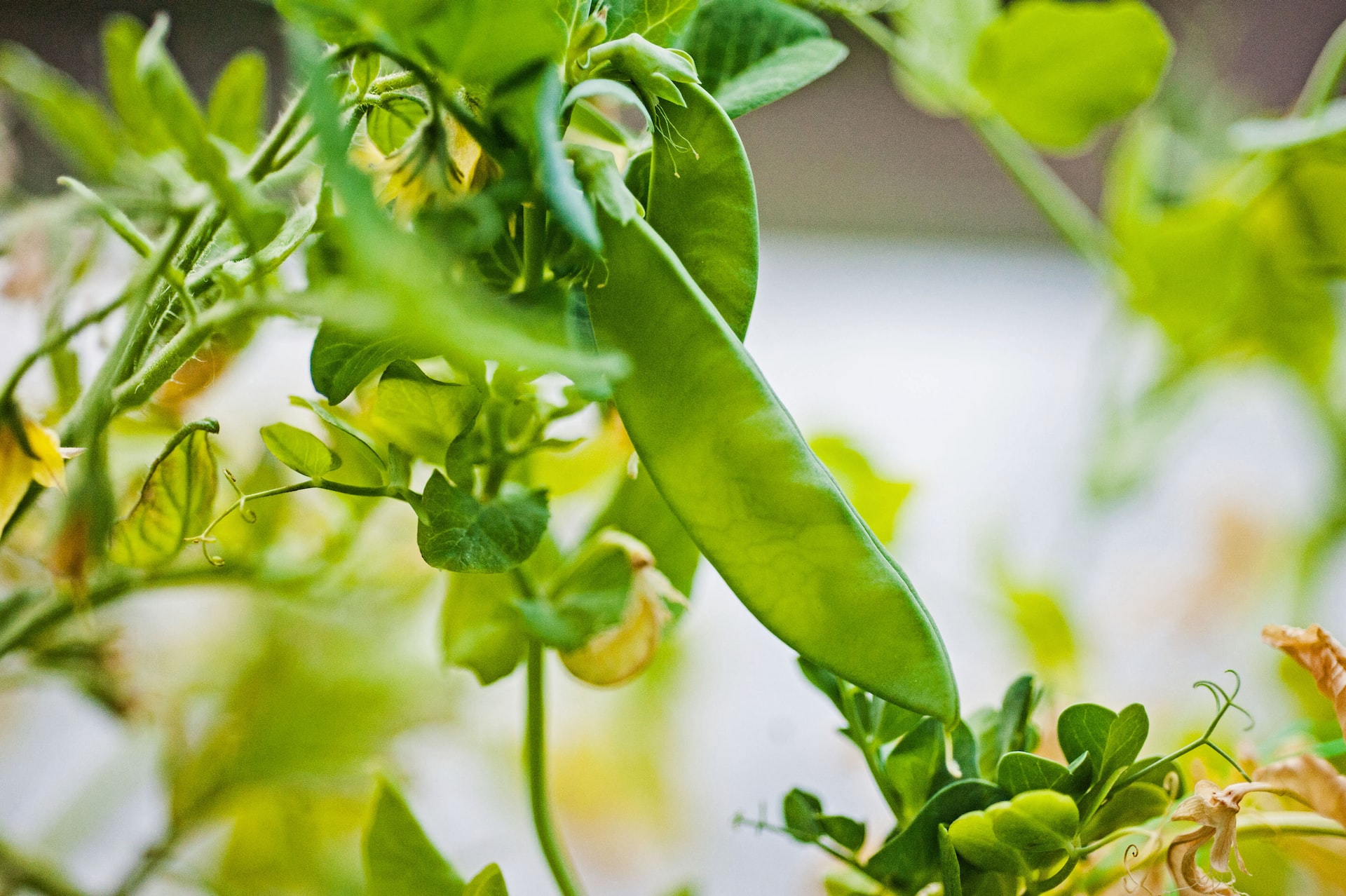Easy To Grow Vegetables For Gardening Beginners

If you are new to gardening, you may find it hard to decide what types of vegetables to grow. The good news is that there are several options available that are easy to grow. There are vegetables like lettuce, peas, and pumpkins that are perfect for novice gardeners. Likewise, you can also choose to try other more exotic varieties such as carrots, beets, and cabbage.
Peas
When growing a vegetable garden, you need to know the best ways to plant, care for, and harvest. Vegetables are an excellent choice for beginners, since they are easy to grow.
Many vegetables can be started from seeds or transplants. Some require a little more work, but most are simple to grow.
One of the easiest vegetables to grow is lettuce. You can sow them every few weeks throughout the summer.
Tomatoes are also a great vegetable to grow. They can be sown in containers or planted directly in the ground.
Radishes are also one of the easiest vegetables to grow. They are quick to sprout, and will grow rapidly. It is important to plant them when the soil is warming up in spring.
Lettuce
Lettuce is one of the easiest vegetables to grow. There are many varieties of lettuce that can be planted. These include the leaf variety, the head variety, and the mixed greens. Each variety has its own growing requirements.
Lettuce grows best in cool soil. It does not need deep roots. However, it does need plenty of water and a good amount of sunlight.
You can grow lettuce in a garden, patio container, or even in a cold frame greenhouse. Whether you are planting in a raised bed or a pot, it is important to protect the lettuce from slugs.
Lettuce has a very high water content, which means you should water it frequently. A nitrogen-rich all-natural fertilizer will maximize the lettuce’s growth potential.
Kale
If you are a beginner, kale is a great vegetable to grow. It is easy to grow and is very nutritious. It can be used to make a variety of dishes, including stir-fried and steamed. You can also use it in smoothies.
When you are growing vegetables, you need to find a place with a decent water supply and good soil. The easiest way to grow vegetables is to start from seed. Often, you can buy starter plants from a garden center. Depending on the variety of vegetable you are trying to grow, you may want to consider a soil amendment. This will add nutrients to the soil and allow it to support your crops.
Zucchini
Zucchini is an easy vegetable to grow. It is a good choice for beginners, thanks to its low maintenance. A well-placed plant can yield an abundance of zucchini. Several varieties are available, ranging from the bush type to the vining types.
Zucchini are a great addition to your garden, and you can even plant them near other vegetables. They like to be planted in hills, which gives them extra nutrients and improved pollination.
To start your zucchini, you should choose a spot in your yard that gets at least 6 hours of sun per day. You should also ensure the soil is well drained. Plant your seeds about an inch deep.
Rhubarb
Rhubarb is one of the easiest vegetables to grow for beginners. It doesn’t need a lot of attention, and it is relatively resistant to pests. However, it needs to be cultivated in a warm, sunny place. And it should be planted in well-draining soil.
Whether you are starting a new garden or adding to your existing plot, rhubarb should be included. This plant thrives in a wide range of soils, but it needs to be prepared and planted carefully.
The first thing you should do is to prepare the planting site. Make sure it is free of any perennial weeds. You can plant rhubarb in the fall or in the spring. To prep the soil, use two buckets of well-rotted manure per square metre. If you live in a dry area, you can also use mulch to help your plants retain moisture.
Pumpkins
Pumpkins are beautiful, colorful vegetables that are easy to grow. They can be used for pumpkin pie, pumpkin soup, or curry.
They can be planted in a sunny area where they get lots of water. If you live in a warm climate, you can start planting them in late May or early June. Depending on the variety, you can expect the seeds to germinate within 10 days.
Pumpkins have shallow root systems. To prevent damage to the growing roots, do not dig in the soil. Instead, use a foot path to walk along to avoid damaging the plant.
Pumpkins are heavy feeders. You should provide them with fertilizer every 10-14 days. It’s best to use a fertilizer high in potassium and low in nitrogen.